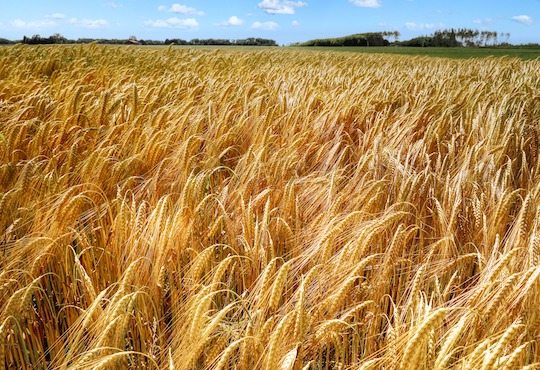From higher prices in nations already struggling with hunger crises – such as Yemen and Lebanon – to reduced harvests in disaster-prone Bangladesh, the food impacts of Russia’s invasion of Ukraine will likely be long-lasting and felt across continents, economists and aid officials warn.
Particularly concerning, they say, is that they’re coming on top of fast-rising global food prices – now at their highest levels in a decade – and with supply chains already stressed as a result of the COVID-19 pandemic and years of growing climate impacts.
“Governments need to do everything in their power to ensure food security for Ukrainian citizens, and step up social protections to insulate vulnerable people from rising food prices,” said Olivier De Schutter, co-chair of the International Panel of Experts on Sustainable Food Systems (IPES-Food) and the UN’s special rapporteur on extreme poverty and human rights.
De Schutter said the crisis calls for a re-think of current food production and consumption models. “To build resilience to these shocks, countries ultimately need to reduce their dependence on imports of just a few key agricultural commodities, by diversifying their own local food production and food supply chains,” he told The New Humanitarian.
For Van der Ploeg, “the fact that most countries in the world depend on food imports for feeding their population” has created “a web of dependencies”.
“This web is basically controlled by a small set of large and powerful food empires,” he said, adding that “food sovereignty comes to the fore as the most important beacon for agricultural and rural development policies” in the future.
Read full article How Russia’s invasion of Ukraine will worsen global hunger at thenewhumanitarian.org
9 March 2022Original Author: Thin Lei Win

